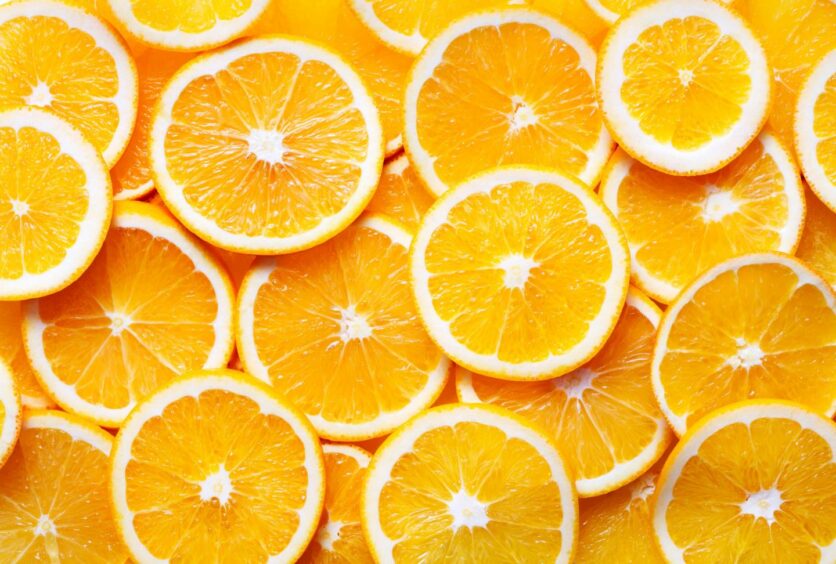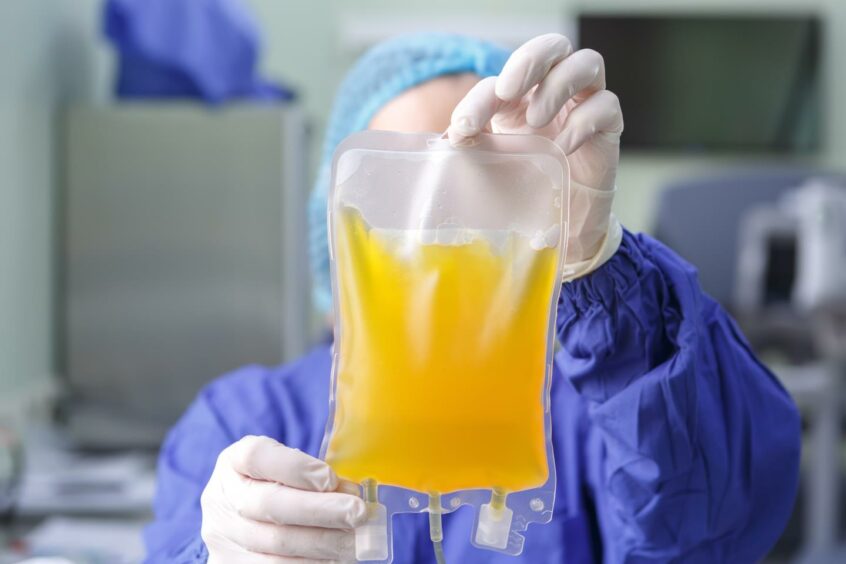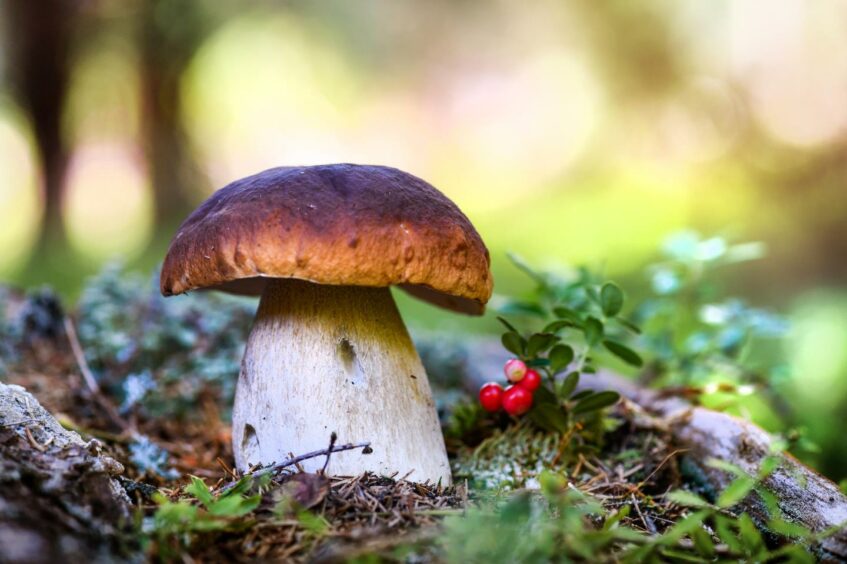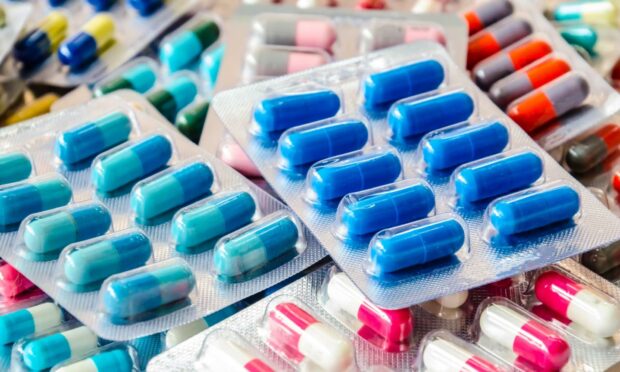Research is ongoing to determine the best ways to treat Covid, speed up recovery and minimise the severity of the virus.
Options from oral pills and blood transfusions to antibody treatments are all being investigated.
Following news the first antiviral pill has been approved for use on the NHS in the UK, we’re looking at other potential treatments.
These range from medical treatments and medicinal mushrooms, to self-help tips believed by experts to make a difference and speed up recovery from symptoms.
Vitamin C
It’s thought to help aid recovery from the common cold, but is there evidence vitamin C works for Covid too?
One new study suggests it could – but you probably won’t be able to do so with just an orange.

A review of 12 clinical trials found administering vitamin C via injection or drip could improve the level of oxygen in the blood, reduce inflammation and cut a patient’s stay in hospital.
It suggested vitamin C could help prevent Covid-19 symptoms progressing to become severe.
While this is promising, the trials are not definitive and further research is required to fully understand the impact of vitamin C on coronavirus.
Convalescent plasma
Plasma is the largest single component of blood, and makes up about 55% of total blood volume.
It is used to make medicines called immunoglobulins. It can also be used to treat patients with major bleeding or who have low levels of certain clotting factors.
“Convalescent plasma” (CP) is plasma from recovered patients. It has been used for more than 100 years to treat a variety of illnesses, from measles to polio.
Throughout the pandemic, more than 5,500 people across Scotland who had contracted Covid donated plasma.

This was then administered to people currently positive with the virus.
However, the research trials in Scotland showed CP did not have any benefit on Covid patient outcomes.
Therefore the collection of CP to treat Covid patients has ceased in Scotland, and the wider UK.
Mushrooms
Early trials are also under way to test medicinal mushrooms and Chinese herbs to treat coronavirus patients with mild to moderate symptoms.
Trials have begun to treat Covid patients who were quarantining at home with mild to moderate symptoms.
A third trial is investigating the use of medicinal mushrooms given after receiving a coronavirus vaccine.

The two mushroom varieties being tested — turkey tail and agarikon — are available as over-the-counter supplements, according to the research.
The findings from the study will be revealed in due course, but if successful, it is thought this treatment would be used as well as existing options such as vaccines and other medicines.
Can I do anything at home to speed up recovery?
If you’ve recently tested positive and have mild symptoms, there are certain things you can do which might help your recovery.
Researchers at Harvard University in the US recommend:
- Getting plenty of rest, though you don’t need to stay in bed
- Staying well hydrated
- Taking paracetamol to reduce fever and ease aches and pains
- Drinking plenty of fluids to avoid dehydration
- Keeping your room cool to help with your breathing
- Sit upright and have a teaspoon of honey to alleviate coughing symptoms
